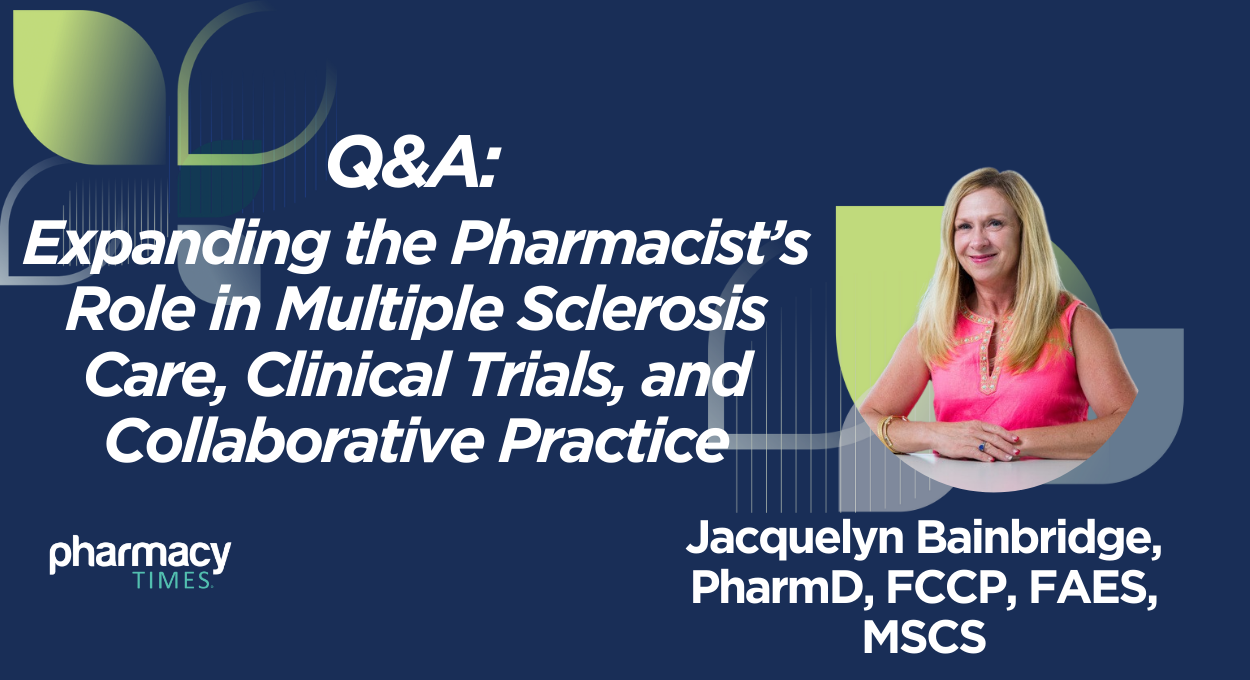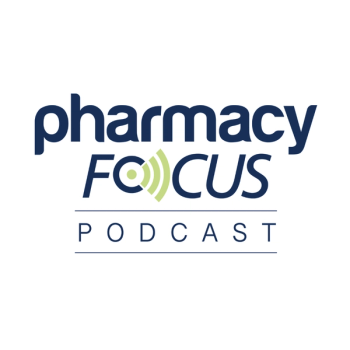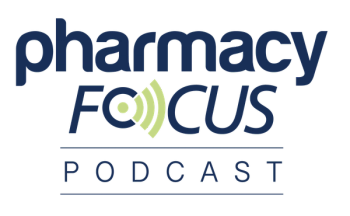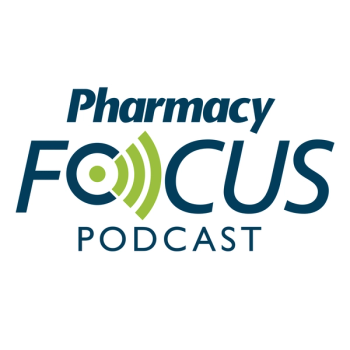
Neurology
Latest News
Latest Videos

Shorts



Podcasts
CME Content
More News

Research reveals that patients with asthma who experience symptoms of depression show elevated BDNF levels, suggesting unique biological links between asthma severity and depressive symptoms.

The FDA prioritizes centanafadine's review for ADHD treatment, offering a novel, once-daily oral option for diverse patient needs.
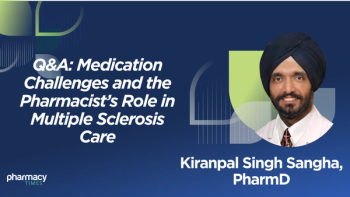
Pharmacists play a vital role in supporting multiple sclerosis patients by addressing medication challenges, educating on treatments, and navigating insurance hurdles.

Recent research reveals no link between menopause hormone therapy and dementia risk, urging further studies to clarify its effects on cognitive health.

The study found that anxiety and depression in those with Parkinson disease were significantly associated with fatigue severity.
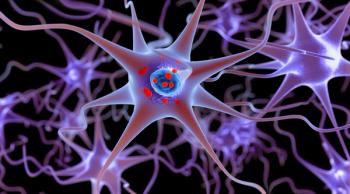
Recent research links depression to increased risk of Lewy body dementia and Parkinson disease, emphasizing the need for early detection and awareness.

Pharmacists enhance care for multiple sclerosis patients by improving access, education, and adherence, ensuring effective treatment through collaboration with healthcare teams.
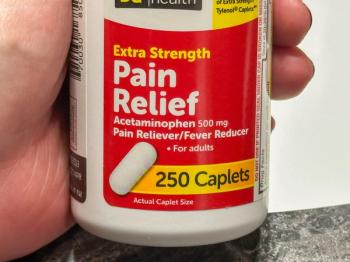
Recent research reveals no significant link between prenatal acetaminophen use and increased risks of autism or ADHD in children, challenging FDA claims.

The treatment was granted a Prescription Drug User Fee Act target action date of May 10, 2026.

Subcutaneous copper histidinate injections deliver copper in a form that bypasses the genetic defect caused by Menkes disease.
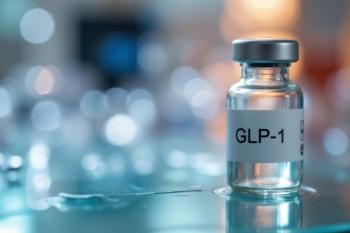
Explore the potential of GLP-1 agonists in Alzheimer's treatment, their current limitations, and future research directions in neurology.

The FDA approves Naox Link, a groundbreaking in-ear EEG device, transforming brain monitoring and enhancing neurologic care for patients and pharmacists.

Pharmacists enhance migraine management by providing personalized care, navigating treatment options, and addressing comorbid conditions for better patient outcomes.
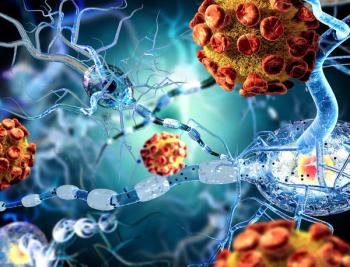
The complete response letter (CRL) was issued following regulatory updates provided to Sanofi from the FDA.

Tradipitant, a novel NK-1 receptor antagonist, was proven effective at reducing the incidence and severity of nausea and vomiting in individuals with motion sickness.

Pharmacists optimize dopaminergic therapy, mitigate medication-induced psychosis, and guide antipsychotic selection to improve outcomes in Parkinson disease psychosis.

A long-term study reveals that high-fat cheese consumption may lower dementia risk, challenging traditional views on dietary fat and brain health.

Prolonged exposure to specific air pollution components significantly increases depression risk in older adults, highlighting the need for targeted regulations.

Pimavanserin offers a serotonin-targeted option for Parkinson disease psychosis that improves hallucinations and delusions with minimal impact on motor symptoms.

Although both sex groups showed cognitive decline, women with chronic kidney disease (CKD) had significantly better cognitive scores than men.

After 2 initial doses, inebilizumab is administered with only 2 doses a year.

Explore the rising use of phenobarbital in managing severe alcohol withdrawal syndrome, highlighting its benefits over traditional benzodiazepines in critical care.

Research uncovers the crucial role of lipids and microglia in Alzheimer disease, revealing new therapeutic targets for treatment and brain health.

With this approval, Itvisma has become the first and only gene replacement therapy available for children 2 years and older, teenagers, and adults with SMA.
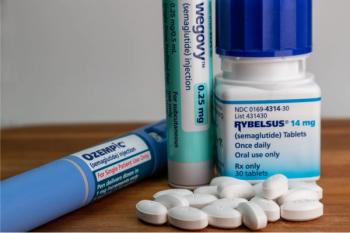
The 1-year extension period in trials will be discontinued based on the efficacy results observed in the overall study population, said Novo Nordisk.


